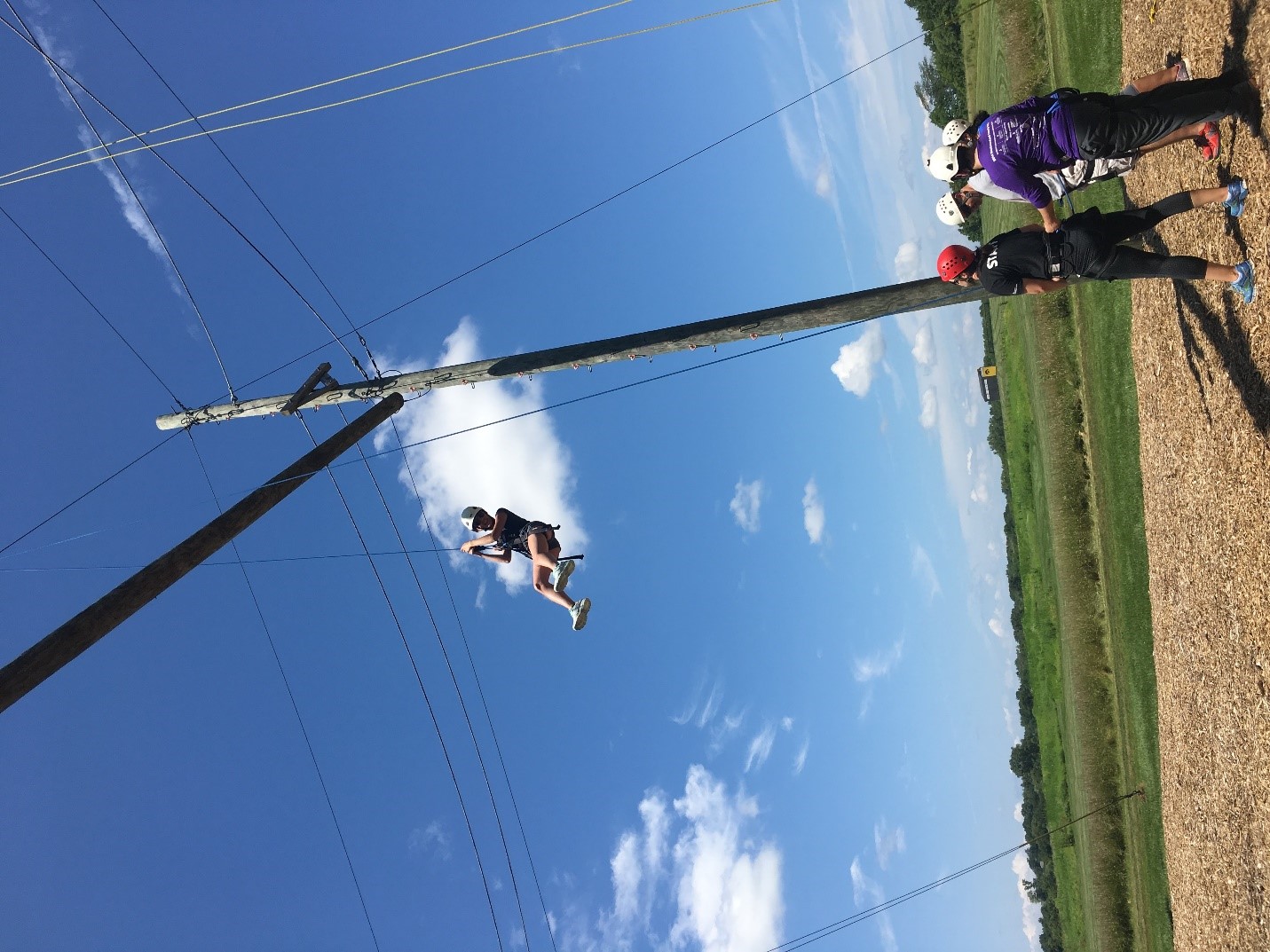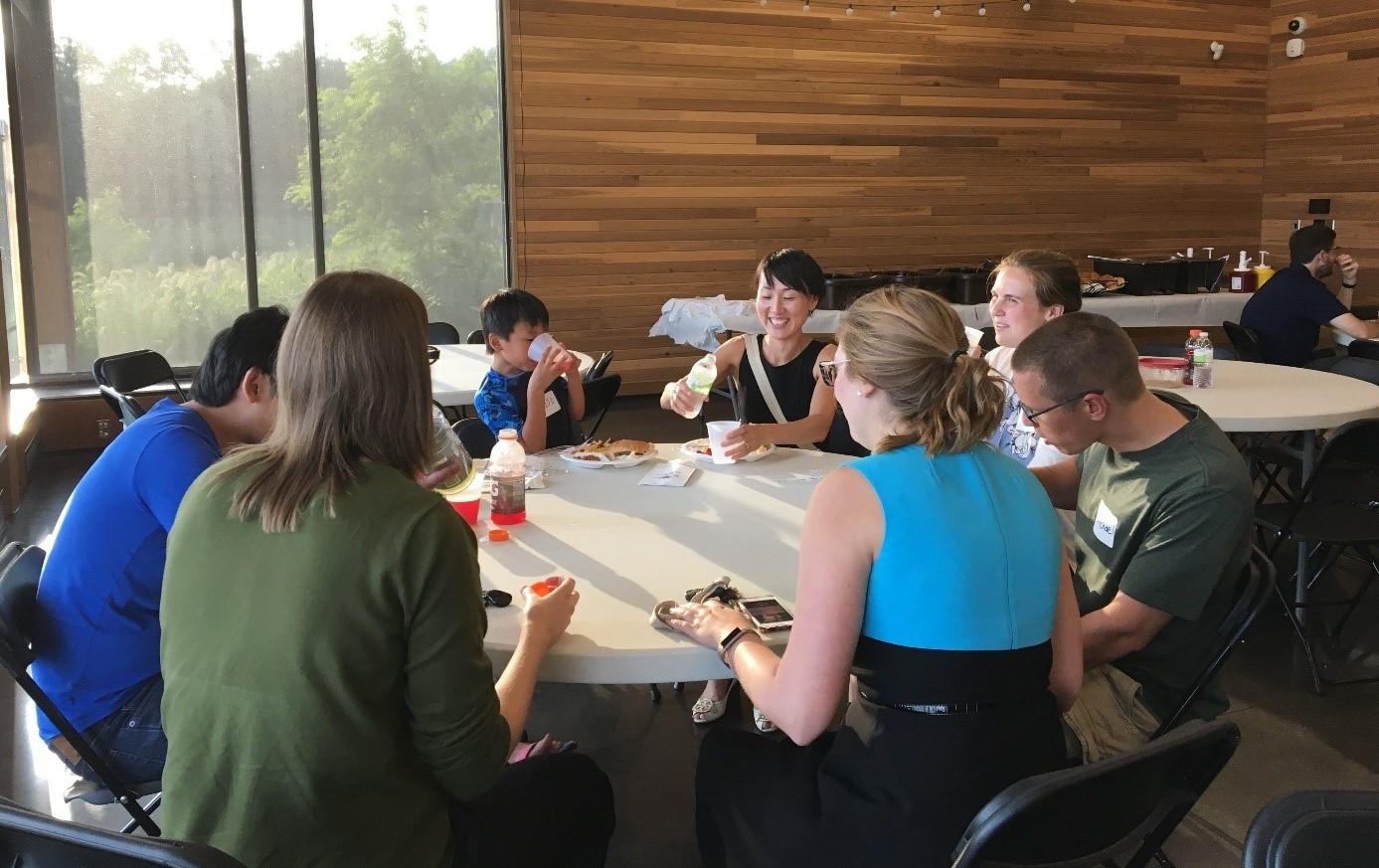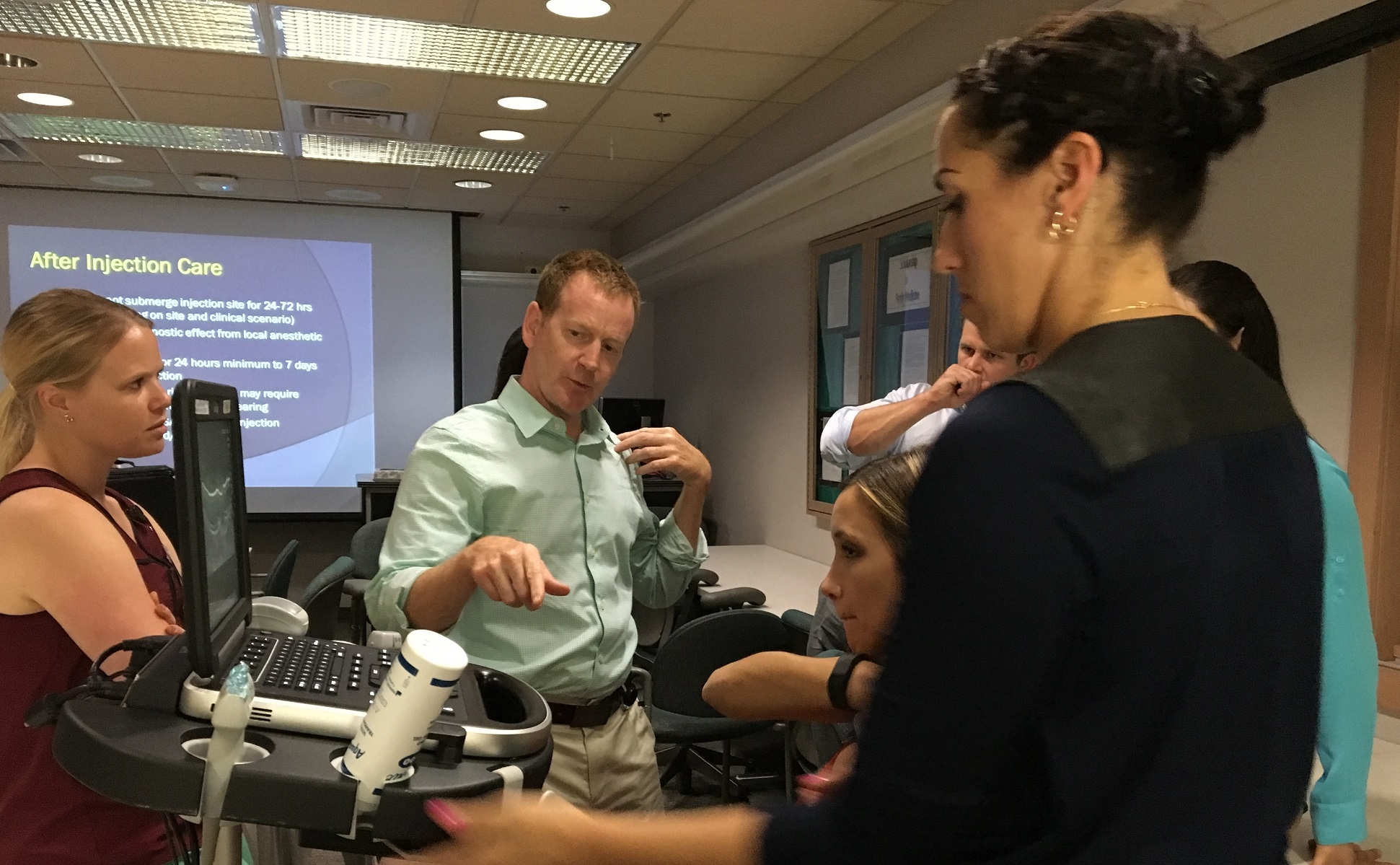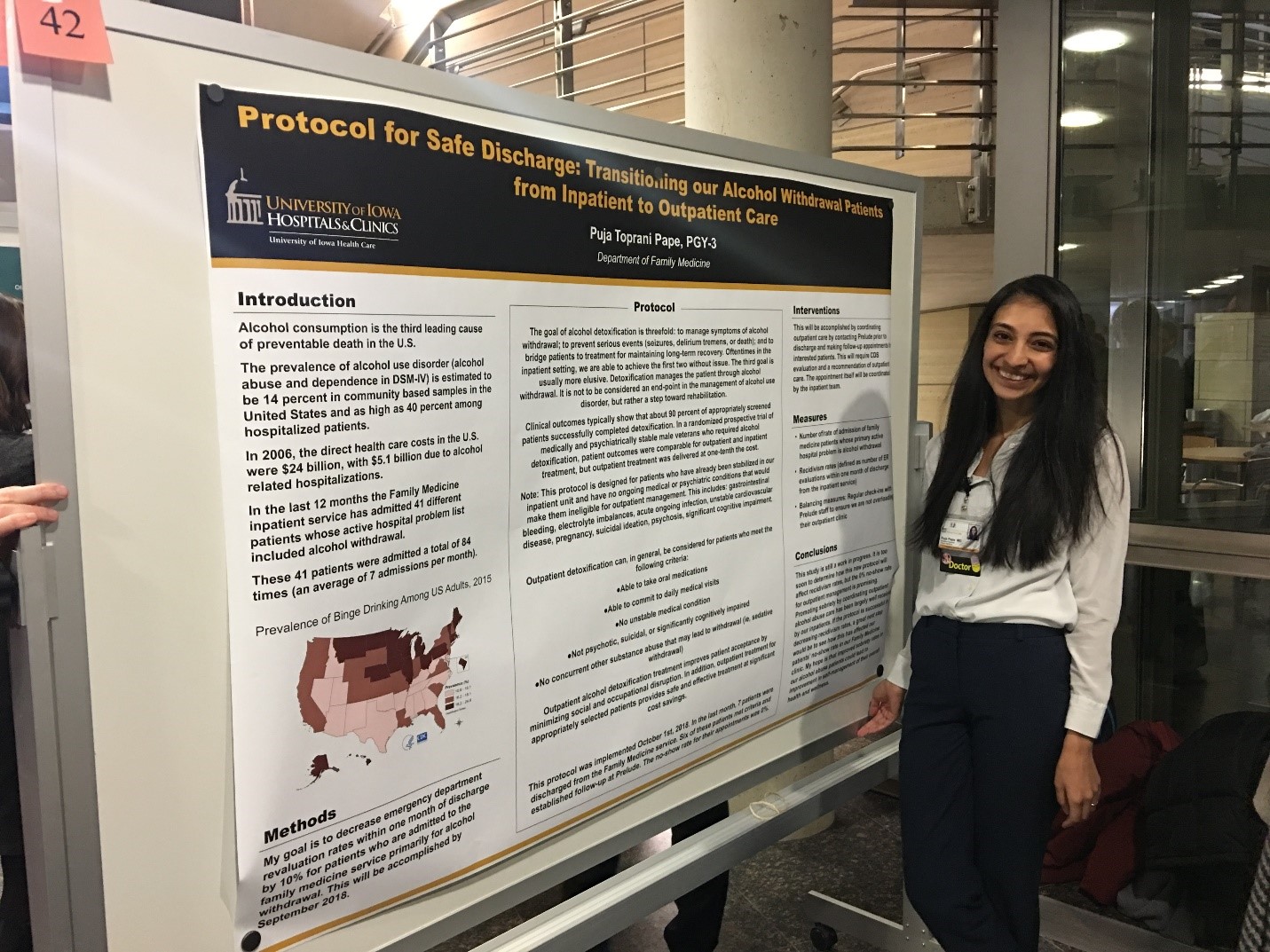1. There is life outside the hospital

You’ll have time to call your own and a great place to enjoy that time.
Our focus is on success and creating a strong work-life balance. We back that up with support and encouragement for you to be a complete person.
2. Success is in your hands
You’ll receive the tools, opportunities, and the support to make a difference in the lives of the thousands of patients you’ll encounter at Iowa.
Iowa’s Family Medicine faculty want to see three things:
- Let us know your passion so we can help you explore your interests, hone your skills, and prepare you for just about anything.
- Ask the “what if” questions to help us push our field to change as the health care needs of our patients change.
- Show us your teamwork ability so we can give you opportunities to lead, to follow, and to always be a valued member of our expert care teams.
3. Enjoy your residency interview experience
Sure, there’s pressure to compete for a handful of resident opportunities, but our interviewers want you to enjoy your interview day and your interactions with our residents and faculty.
The best advice from our selection committee: Relax and be yourself.
4. Iowa is a family-friendly program
Our family leave and health care benefits help you support a strong family while pursuing your residency training. Our program also holds family-oriented and partner-oriented activities throughout the year. Several childcare facilities are located close to the hospital and Iowa City public schools are among the state’s finest.

5. We’re excited about our "2 plus 2" curriculum
Our curriculum has you complete two weeks of an outpatient rotation with an emphasis on your continuity clinic followed by two weeks of an inpatient rotation uninterrupted by any continuity clinic obligations.
You get the benefit of more continuity in the clinic and a chance to compartmentalize your experience in some longer, manageable stretches.
It’s a classic example of our department really tailoring the program to meet residents’ needs.
6. Your rotation days won’t be spent traveling from facility to facility

One of the benefits of our comprehensive facilities is that most of your work will take place on our centralized campus.
Oh sure, you’ll also experience day-long sessions at our community clinics, but clinic and rotation schedules are put together to optimize travel during the day as you go from one training point to another.
Add to that some minimal traffic in Iowa City compared to metropolitan areas, and you can see why we can take transportation off the “residency hassle list.”
7. Iowa is more diverse than you might think
Iowa’s educational, job, and cultural opportunities attract individuals from around the globe. As a large referral health center, we care for individuals from many backgrounds.
One indication of our diversity is how we fulfill clinical requests each year for medical translators in nearly 50 different languages.
Regardless of your background, you are going to find an accepting and supportive community in Iowa City.
8. It’s not like Grey’s Anatomy
Residency at Iowa is intense but without all the drama.
The Iowa Family Medicine faculty are warm and engaging people who check their egos at the door and are genuinely committed to their patients and their trainees.
They are going to push you, but they’re going to work on having you succeed.
9. Don’t be frightened by doing research

Actually, we call it scholarly activity, and the formal work you’ll do is a natural part of your clinical experience.
Most of the projects undertaken by residents are aimed at improving care delivery through quality improvement activities—experience that translates well for any post-residency opportunity.
10. You will be prepared for your next step after residency
Because of its solid foundations and many-sided opportunities for focused training, Iowa’s program is tailored to your individual interests. We will prepare you with a full spectrum residency training to ensure you have the skills to do what you want when you graduate.
Next steps for our residents include entry into private practice, hospitalist work, formal training in fellowships (both at Iowa and elsewhere), and invitations to be part of Iowa’s own faculty.